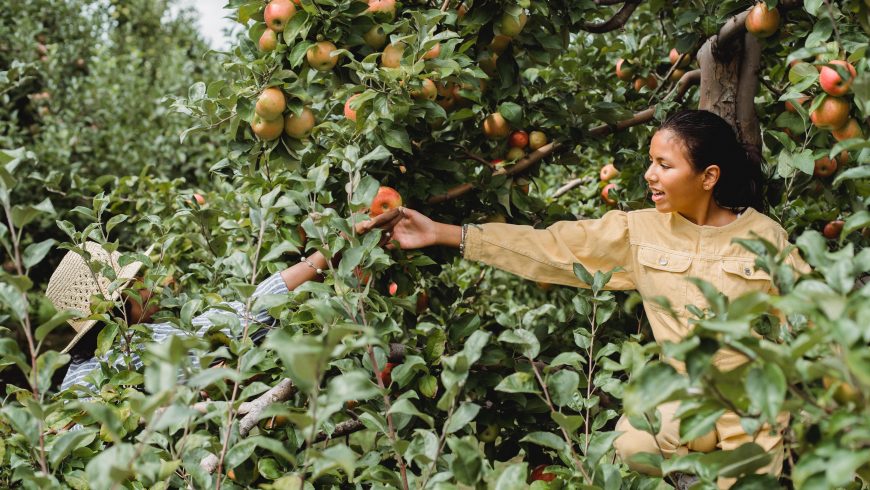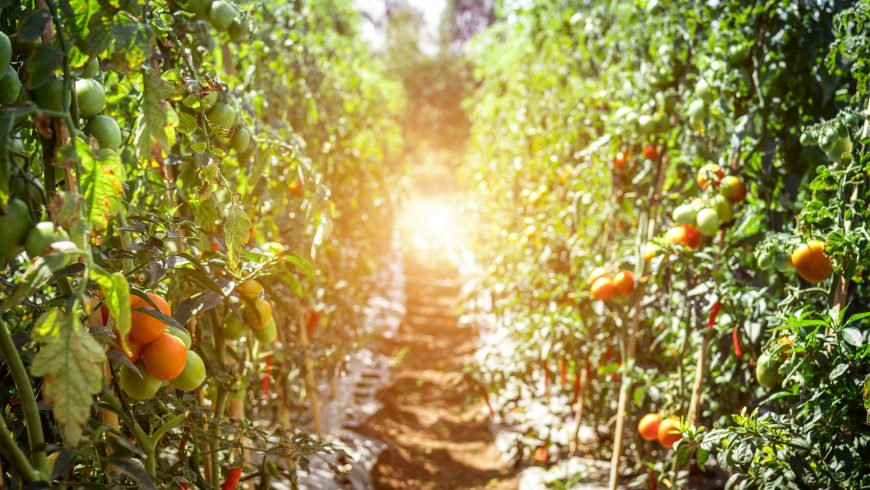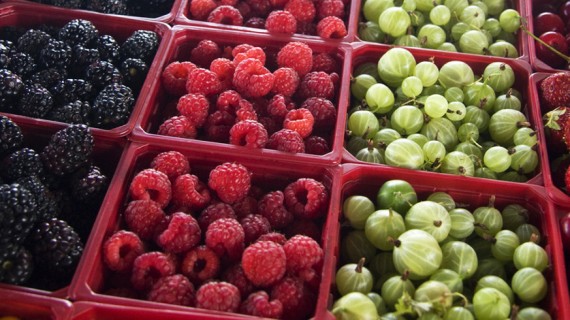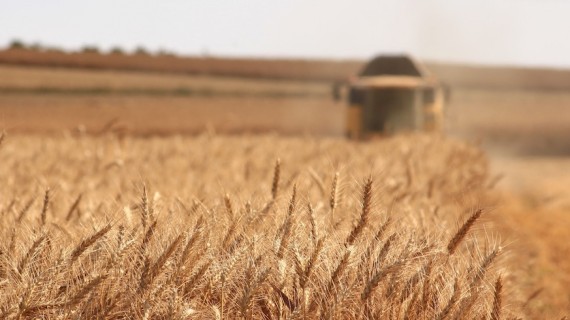Have you ever wondered what are the real advantages of choosing organic brands? Here are 3 truths about organic you probably didn’t know
If you want to eat healthily and know, choosing the best out of plenty of fruits, vegetables, whole grains, and lean proteins is quite tricky. But as you walk through the local market looking at freshly produced meats, you realize there is another option to make that is organic products.
You would have heard people telling organic food is safer, nutritious, and tastes better. Organic production is also better for the environment and kinder for animals.
Most shopkeepers found even though organic food is costly, they are getting sold quickly and sales are increasing.
Organic Trade Association(OTA) said they had a 20% a year growth rate since 1990. More lands started with organic farming up to 2.35 million acres in 48 states as of 2001.

But many specialists say there is not sufficient evidence to show any real benefits to eating organic foods.
You can conduct a depth market research using Porter’s Five Forces. It helps you to understand the importance of organic foods and its trend in the market. This market research provides an actual report of competitive forces that form an industry. Porter’s five forces are a widely accepted market research model for estimating the internal and external factors influencing competition.
It helps you to measure the demand and supply ratio of a particular industry. It also gives exact information about competitive forces and their effect on the brand’s marketing policy.
Not only Porter’s Five Forces, but SWOT analysis is also the most implemented research technique. An excellent SWOT analysis is a fundamental factor for any market research. Using this analysis, you can identify the key focus areas for their information.
Yet SWOT analysis is not a fool-proof methodology. Some fundamental errors can fettle your research.
Here are some SWOT analysis mistakes you can’t ignore:
- The research aims personal opinions of the researcher should not be taken to count. You can not use personal opinions on research. In contrast, you are writing a SWOT report and never use first or second person opinion. Use researched information for your reports.
- The data secreted from market research are in raw form. This information sounds illogical if not arranged in a logical order. So you need to arrange data properly. Many times sources you choose can also play an important role here.
- SWOT analysis is often with assumed data than factual information. You make a rough decision on strengths, weaknesses, and other aspects of the country. The assumption is mostly based on studying patterns and customer preferences. You need to make a realistic and credible approach to get accurate information.
- SWOT analysis needs some basis to examine how well your prediction ranks up. By these bases, you can compare, predict the trends and profitability of the firm more precisely. SWOT analysis needs both a qualitative and quantitative approach.
Here is some truth of organic food sustainability:
1. Lesser greenhouse and gas emission

Climatic change can be a severe global issue with farming and food production being primary patrons to this issue and greenhouse gas discharge. Even though estimates vary, the Consultative Group on International Agricultural Research reports that ⅓ of our greenhouse gas emissions come from farming and food production (Source). The UN FAO says that till we attempt to reduce these greenhouse gas emissions, they can rise in the future.
Studies have found that organic farms release a lot less greenhouse gas emissions than non-organic farms. Healthy soils are the primary source of carbon storage, and organic farming ends in raised carbon sequestration. The U.K’s Soil Association calculates that if all U.K. farming were shifted organic around 1.3 million tonnes of carbon can be taken by soil each year.
2. Organic foods are healthy

How food grows, and rises can have a significant impression on your mental and emotional health. Organic foods are known for their nutritional values as they are rich in antioxidants.
People who get allergies to food, chemicals and other preservatives may find their symptoms less when consuming only organic foods.
3. Organic has better biodiversity

Our wildlife is in peril due to chemical, agricultural practices. A recent study found that bird numbers in France have been reduced because of the change in farming practices. Studies also showed a vast number of old insects are dying due to agricultural changes.
Organic farming is great for wildlife said scholar John Reganold. Organic agriculture results in better biodiversity of plants, animals, and insects. An analysis of 66 scientific studies showcased that organic farms have 30% more species on average than non-organic ones.
How organic farming is safe:
- Natural fertilizers produce organic foods.
- Weeds are managed naturally or with organic accepted herbicides.
- Pests are handles by naturally acquired pesticides
- Diseases are stopped with natural ways like clean housing, rotational grazing, and a healthy diet.
Conclusion
Consuming organic is sustainable. Organic foods are best as it destroys less soil and water pollution is less. It provides better biodiversity and low greenhouse gas emissions.
Cover image: photo by Fuzzy Rescue from Pexels





